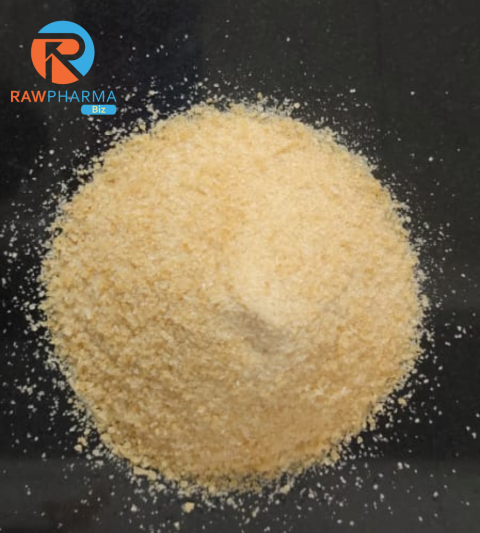Short Descriptions
Maltodextrin is a white, tasteless carbohydrate powder commonly used in the food industry as a thickener, filler, or bulking agent. It is derived from starch, often from sources like corn, rice, wheat, or potatoes, through a hydrolysis process. Maltodextrin is highly soluble in water and serves as a quick source of energy in various food products, including sports drinks, candies, and processed foods. It has a mild sweetness but is primarily valued for its ability to improve texture and consistency in a wide range of culinary applications.
More Information
Details
Maltodextrin is a versatile carbohydrate commonly used in the food industry and
various other applications due to its unique properties and wide range of functions. It
is a white or off-white powder that consists of a complex mixture of short chains of
glucose molecules derived from the hydrolysis of starch, typically from corn, rice,
potato, or wheat. Maltodextrin is known for its bland taste and excellent solubility in
water, making it an ideal choice for various culinary and industrial purposes.
One of the primary functions of maltodextrin is its role as a food additive. It is
commonly used as a thickener, filler, or bulking agent in a wide array of food
products. Maltodextrin's ability to form a stable gel, improve the texture of products,
and enhance mouthfeel has led to its inclusion in items such as sauces, dressings,
instant puddings, and even desserts like ice cream. Its neutral flavor ensures that it
does not significantly alter the taste of the final product, making it a valuable
ingredient in the food processing industry.
Maltodextrin is also a valuable source of energy and is often incorporated into sports
and energy drinks, as well as nutritional supplements, due to its rapid digestion and
absorption in the body. Athletes and individuals engaged in strenuous physical
activities can benefit from maltodextrin as a quick source of carbohydrates to
replenish glycogen stores and maintain endurance.
Furthermore, maltodextrin serves as a stabilizer and encapsulating agent for various
flavors, colors, and essential oils. It helps preserve the integrity of these sensitive
ingredients and ensures their uniform distribution in food products. This property
makes maltodextrin an essential component in the production of powdered beverage
mixes, flavorings, and instant soups.
Maltodextrin's applications extend beyond the food industry. It is commonly found in
pharmaceuticals as a filler or binding agent in tablet formulations, as well as in
cosmetics and personal care products for its texture-enhancing properties.
In the industrial sector, maltodextrin is utilized in processes such as spray drying and
encapsulation. Its ability to transform liquids into powders and create stable
micro encapsulation makes it invaluable in industries like the production of
powdered flavors, vitamins, and even fragrances.
Despite its widespread use and many benefits, it's worth noting that maltodextrin
consists mainly of carbohydrates, offering little to no nutritional value beyond energy.
As such, it should be consumed in moderation, especially by individuals with dietary
restrictions or those concerned about blood sugar levels.
In summary, maltodextrin is a multifunctional carbohydrate that plays a crucial role in
the food, pharmaceutical, cosmetic, and industrial sectors. Its ability to enhance
texture, solubility, and stability makes it a valuable ingredient in a wide range of
products, contributing to the convenience, quality, and appeal of countless consumer
goods.
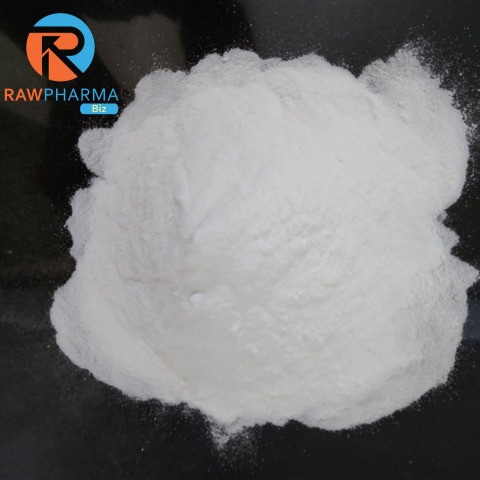
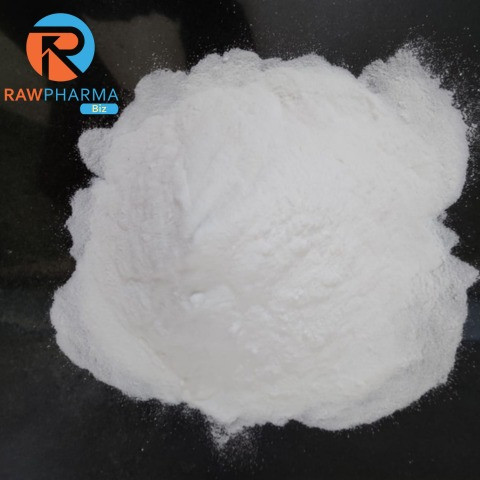
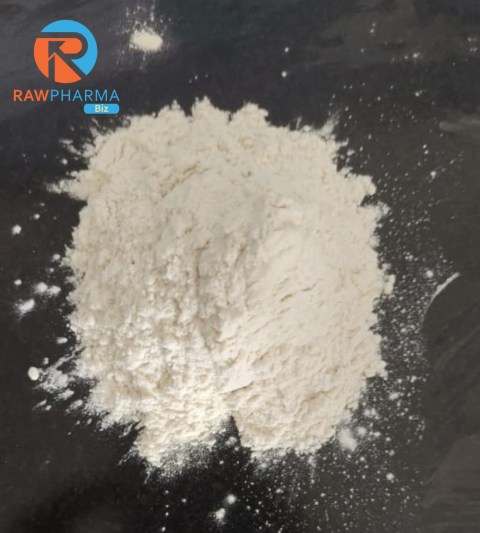
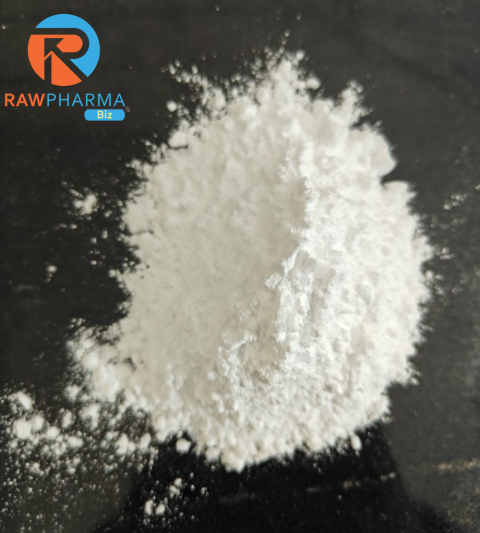
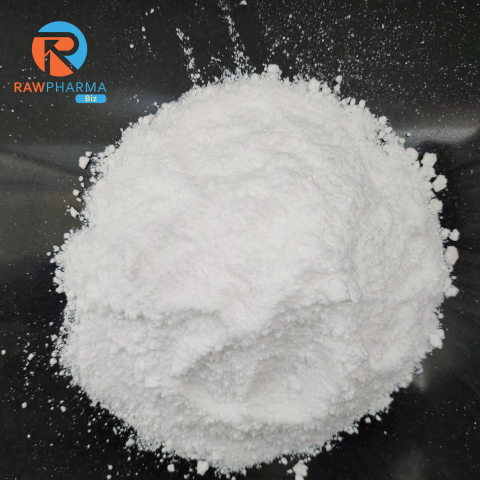
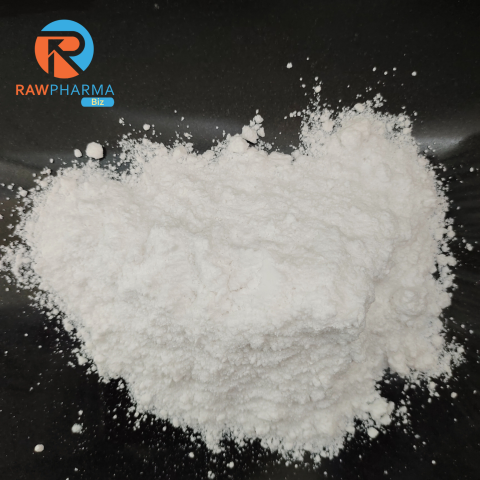
![Xanthan Gum [Fufeng] 25Kg Pack](https://rawpharmabiz.com/cache/large/product/242/VKCiwwsiHHX7yiD5AwJQnm7kSuWJ5zdNKHHrROGD.png)
